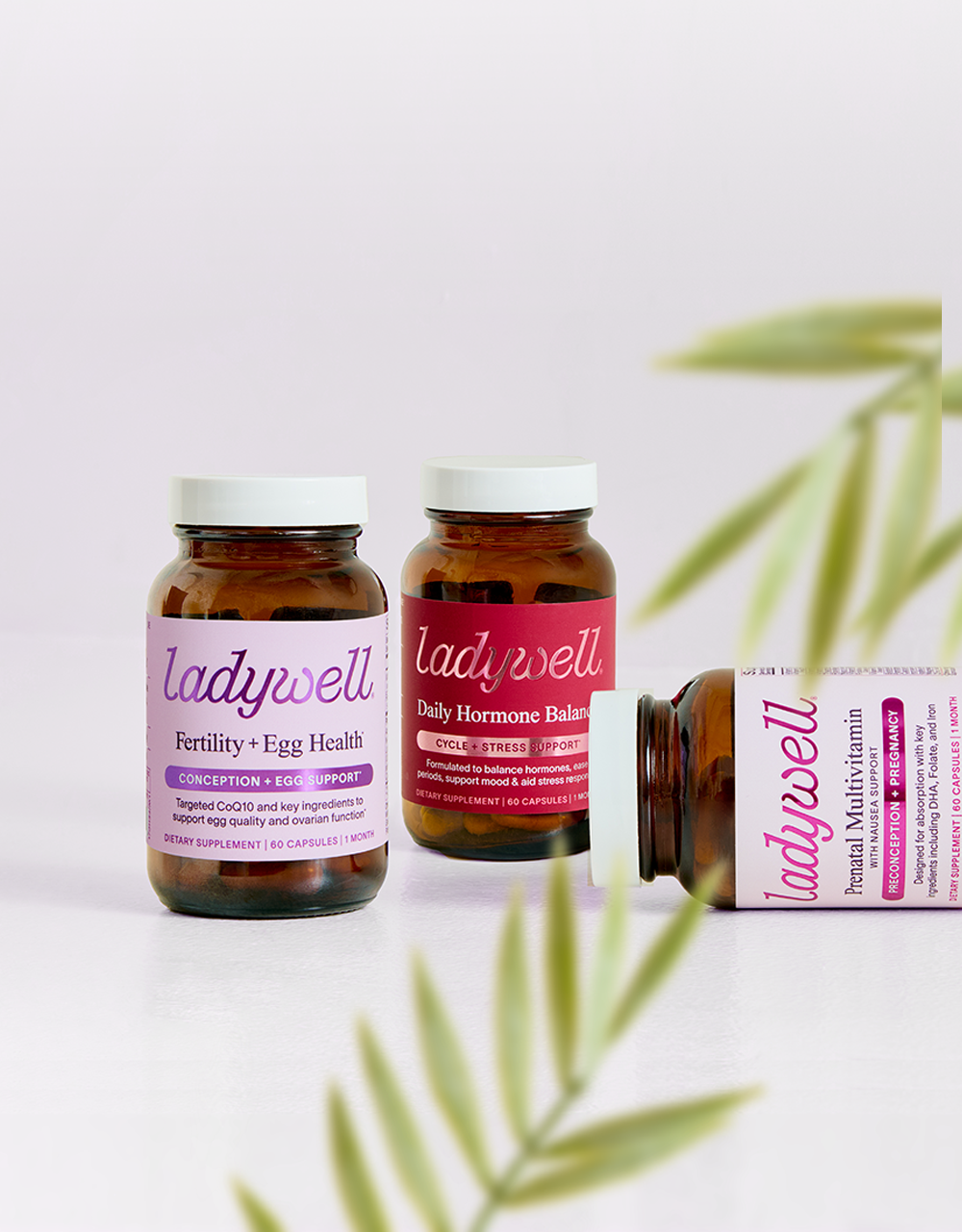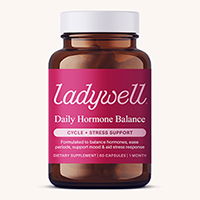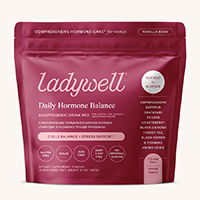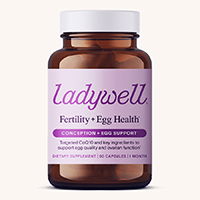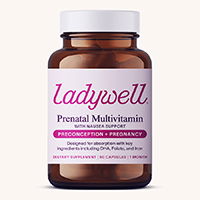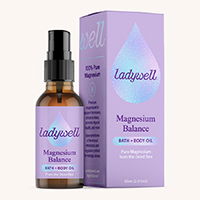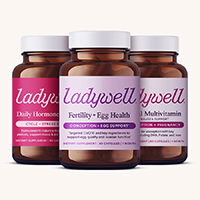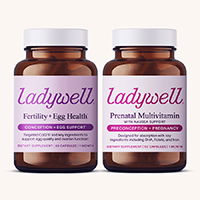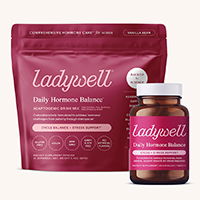Sperm health is one of the most critical factors in male fertility. Healthy sperm parameters—such as sperm count, motility, and morphology—can significantly impact the chances of conception. Unfortunately, research suggests that sperm counts worldwide have declined by over 50% in the last 50 years. While scientists are still investigating the exact causes, lifestyle and environmental factors are believed to play a significant role.
The good news? There are natural ways to support sperm health and improve fertility outcomes. Below, we explore 10 research-backed strategies that can help boost sperm count and quality.
1. Exercise Regularly
Staying active is beneficial for overall health and may also support reproductive function. Research shows that men who engage in regular exercise—particularly moderate-intensity workouts—experience improvements in sperm count, motility, and overall quality.
However, excessive exercise, especially at high intensities (as seen in professional athletes), may have the opposite effect. To strike a balance, aim for at least 150 minutes of moderate exercise per week, incorporating strength training and cardiovascular activities.
2. Increase Antioxidant Intake (Vitamin C & Vitamin E)
Oxidative stress—caused by free radicals—can damage sperm cells, reducing their function and count. Antioxidants, like Vitamin C and Vitamin E, help combat oxidative stress and improve sperm health.
Best Vitamin C & E Sources for Fertility:
- Citrus fruits (oranges, lemons, grapefruit)
- Berries (strawberries, blueberries, raspberries)
- Bell peppers
- Nuts and seeds (almonds, sunflower seeds)
- Spinach and leafy greens
- For enhanced sperm quality, some studies recommend higher doses of Vitamin C (up to 2,000mg per day), which may require supplementation.
3. Manage Stress Levels
Chronic stress may negatively impact testosterone levels, disrupt hormone balance, and impair sperm production. In fact, research suggests that high-stress levels are linked to lower sperm concentrations and motility.
Quick Ways to Reduce Stress:
- Take short walks throughout the day
- Practice deep breathing or guided meditation
- Engage in activities that bring relaxation (e.g., reading, listening to music)
- Try adaptogenic herbs like Ashwagandha or Rhodiola for stress resilience
Reducing stress isn’t just beneficial for fertility—it can also improve overall well-being and energy levels.
4. Get Enough Zinc
Zinc plays a vital role in testosterone production and sperm formation. This essential mineral also acts as an antioxidant, protecting sperm from oxidative damage. Since the body does not store zinc, daily intake is crucial.
Top Zinc-Rich Foods:
- Oysters (the most potent source)
- Grass-fed beef
- Pumpkin seeds
- Chickpeas and lentils
For optimal sperm health, experts suggest consuming 11mg to 30-40mg of zinc per day, either through diet or supplementation.
5. Consume More Antioxidant-Rich Foods
Antioxidants help protect sperm from oxidative damage and may improve sperm count. A 2019 study highlighted lutein as particularly beneficial for male fertility.
Best Foods for Antioxidant Support:
- Lutein-rich: Kale, spinach, bell peppers, egg yolks
- Beta-carotene-rich: Carrots, sweet potatoes
- Anthocyanin-rich: Blueberries, blackberries
- Eating a variety of colorful fruits and vegetables ensures a broad range of antioxidants to support sperm health.
6. Supplement with CoQ10
Coenzyme Q10 (CoQ10) is a powerful antioxidant that supports cellular energy production. Research indicates that higher CoQ10 levels in seminal fluid correlate with better sperm count and motility.
Since dietary sources contain only small amounts, supplementation between 200-400mg per day is often recommended for fertility benefits.
7. Boost Omega-3 Intake
Omega-3 fatty acids play a critical role in sperm membrane function and motility. They also support overall hormonal balance and reduce inflammation.
Best Omega-3 Sources for Male Fertility:
- Wild-caught salmon
- Sardines
- Flaxseeds & walnuts
- Omega-3 supplements (fish oil or algae-based)
A well-balanced omega-3 to omega-6 ratio is key for maintaining reproductive health.
8. Avoid Processed Fats & Trans Fats
Not all fats are created equal. While omega-3s are beneficial, unhealthy fats—such as trans fats and processed seed oils—can have a detrimental effect on sperm quality.
Studies show that diets high in trans fats may significantly reduce sperm count. To optimize fertility, limit or avoid:
- Fried and fast foods
- Processed vegetable oils (canola, soybean, sunflower)
- Packaged snacks with hydrogenated oils
9. Minimize Exposure to Environmental Toxins
Endocrine-disrupting chemicals (EDCs) found in plastics, personal care products, and household cleaners can interfere with hormone balance and sperm production.
How to Reduce Toxin Exposure:
- Use glass or stainless steel instead of plastic for food storage
- Choose natural, non-toxic personal care products
- Filter tap water to remove contaminants
- Avoid synthetic fragrances and chemical-based cleaning products
Reducing exposure to these chemicals can support overall hormonal balance and reproductive health.
10. Maintain a Healthy Weight
Obesity is linked to lower testosterone levels, increased estrogen, and reduced sperm quality. Maintaining a healthy body fat percentage through balanced nutrition and regular exercise can help optimize sperm health.
Tips for Maintaining a Healthy Weight:
- Prioritize whole, nutrient-dense foods
- Incorporate strength training and movement into daily routines
- Avoid excessive sugar and processed carbohydrates
Even small, consistent lifestyle changes can have a positive impact on fertility.
When to See a Doctor
If you and your partner have been trying to conceive for:
- 12 months (if under 35)
- 6 months (if over 35)
… it may be time to seek medical advice. Additionally, if you experience erectile dysfunction, pain, swelling in the testicles, or other reproductive concerns, consult a healthcare provider promptly.
Final Thoughts: Small Changes, Big Impact
Sperm health is influenced by many factors, but simple diet and lifestyle adjustments can make a significant difference. Whether it’s improving your diet, managing stress, or reducing toxin exposure, each step contributes to better fertility outcomes.
Disclaimer
The information provided in this blog is for educational purposes only and is not intended as a substitute for professional medical advice. Always consult a qualified healthcare provider before making any changes to your health regimen, especially if you are pregnant, nursing, or taking any medications.




